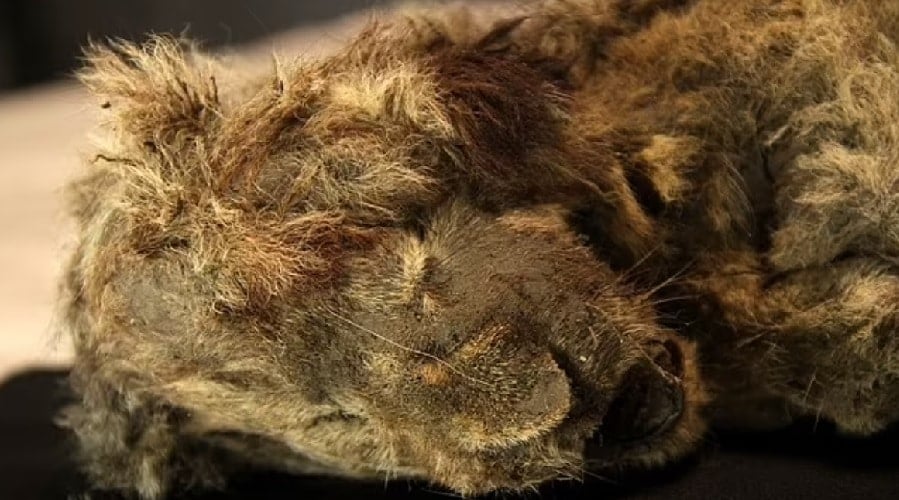Oxidation–reduction (redox) reactions help in generating energy in nearly all life forms. A team of Harvard researchers has discovered that some microbes have an ability to gather energy from electricity. They found that the commonly-found soil bacterium Rhodopseudomonas palustris can extract electrons from minerals located remotely in soil and sediment. These microbes reside near the soil’s surface where they absorb the sunlight needed to generate energy.
Researchers discovered that the bacterium Rhodopseudomonas palustris can use natural conductivity to pull electrons from minerals. They showed that these microbes take up electricity that goes into their central metabolism and explained some of the systems which are involved in that process.
Usually these bacteria get electrons from iron. However, when these bacteria were exposed directly to an electrode, they were easily able to receive the electrons and convert them into energy making use of carbon dioxide as an electron acceptor.
Further research revealed that a certain gene plays an important role in the microbes’ ability to take up electrons. In its absence, the microbe loses about 66% of its ability to uptake free electrons.
Scientists anticipate that these microbes could be used to create a functional battery; however they are uncertain about their efficiency as a fuel source.






